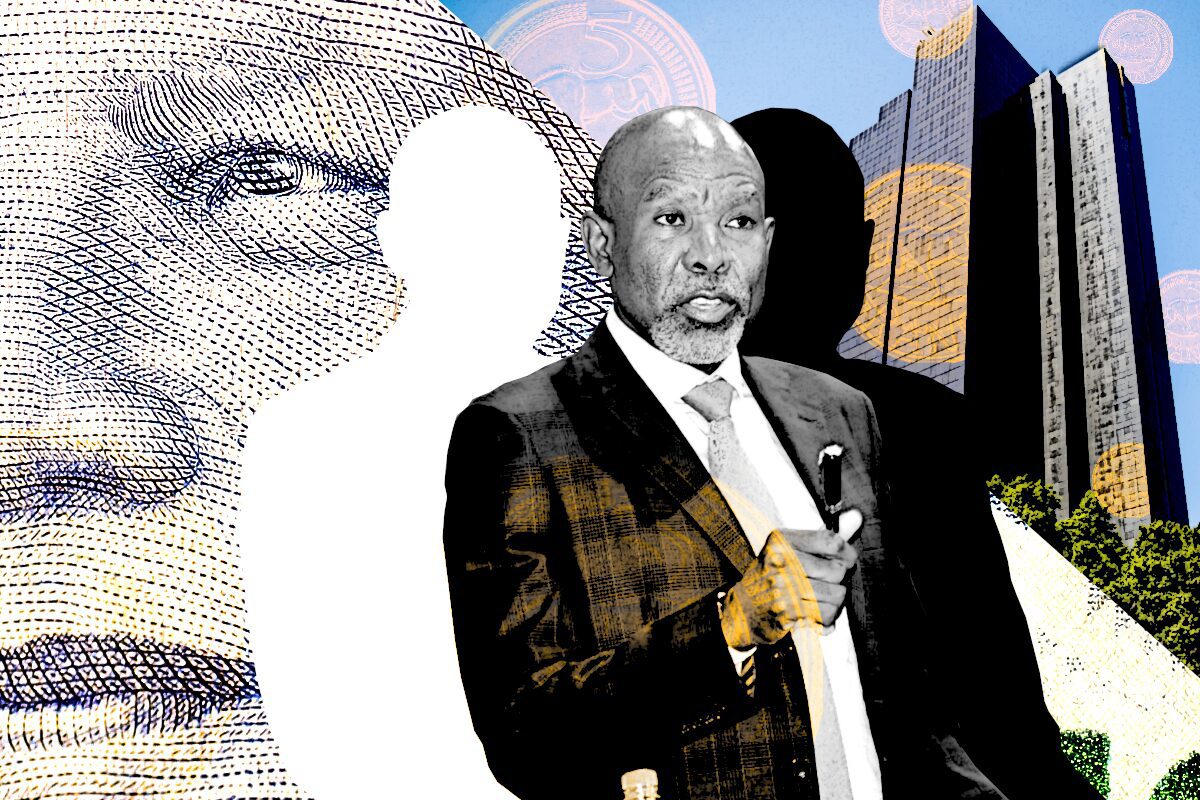Global Courant 2023-05-10 11:36:34
Reserve Bank Governor Lesetja Kganyago says the new printing of South African banknotes does not contain a spelling error, but has corrected an error that existed before.
Xitsonga-speaking South Africans this week spotted an apparent spelling error in the South African Reserve Bank’s latest notes.
On the R100 note, the Xitsonga translation of “Reserve Bank” was changed, omitting the second ‘N’ in Bangi Nkulu. The word now reads as Bangi Kulu.
Some Xitsonga speakers said this is incorrect and that the previous version of “Bangi Nkulu” was the accepted form.
The Pan South African Language Board, responsible for the translation, disagreed, saying the extra ‘N’ was incorrect on the old notes – explaining that the ‘N’ is only used to refer to a person and not to an institution.
Speak against 702Dr. Arnold Mushwana, president of the Xitsonga National Language Body, reiterated that the current notes are correct and the old notes were misspelled.
“There was a mistake on the old notes, currently the new ones are written correctly,” Mushwana said.
He said there is debate about it, but it is understood that language is dynamic – and African languages in particular are still developing.
“As we research as academics, we realize that some (the words) are incorrect, and we are tasked with correcting the errors that exist.
“Before, different people from different geographies spelled the words differently — so that’s the main reason that prompted us to do a study to find out which one is right.”
Mushwana said that the “Bangi Kulu” on the new notes is correct and the previous version, “Bangi Nkulu”, was incorrect.
Reserve bank responds
Kganyago admitted that the Reserve Bank itself is not a language expert.
“The practice at the Reserve Bank is that we are not the owners and masters of language – we are economists, we collect data, that is our job. When it comes to language, we decided that we would follow the protocols in the government,” he said.
The protocols in this case are that the “avatar of the language” — the Pan South African Language Board — advises on the language and wording used, the governor said.
He said this is the case for all official languages in the country. Because South Africa has 11 official languages – soon 12 – not all languages fit on all banknotes. Therefore, the Reserve Bank was advised to include all languages in a printing rotation.
The language committee handled the translations and “we accepted the advice of the language committee,” Kganyago said.
The governor added that the differences in spelling will not affect the notes or their value. “The old ones will have the ‘N’ in them, and the new ones won’t,” he said. Collectors may be lucky enough to find a note with both versions of the word.
Kganyago said the debate surrounding the “mistake” has raised an important debate about language in South Africa.
“This debate may have taken place between some Xitsonga people, and no one would have known about it. What these notes have done is that the Xitsonga speakers have started talking about this. It highlights the diversity of South Africa and its languages,” he said.
Read: Reserve Bank launches new notes and coins for South Africa







